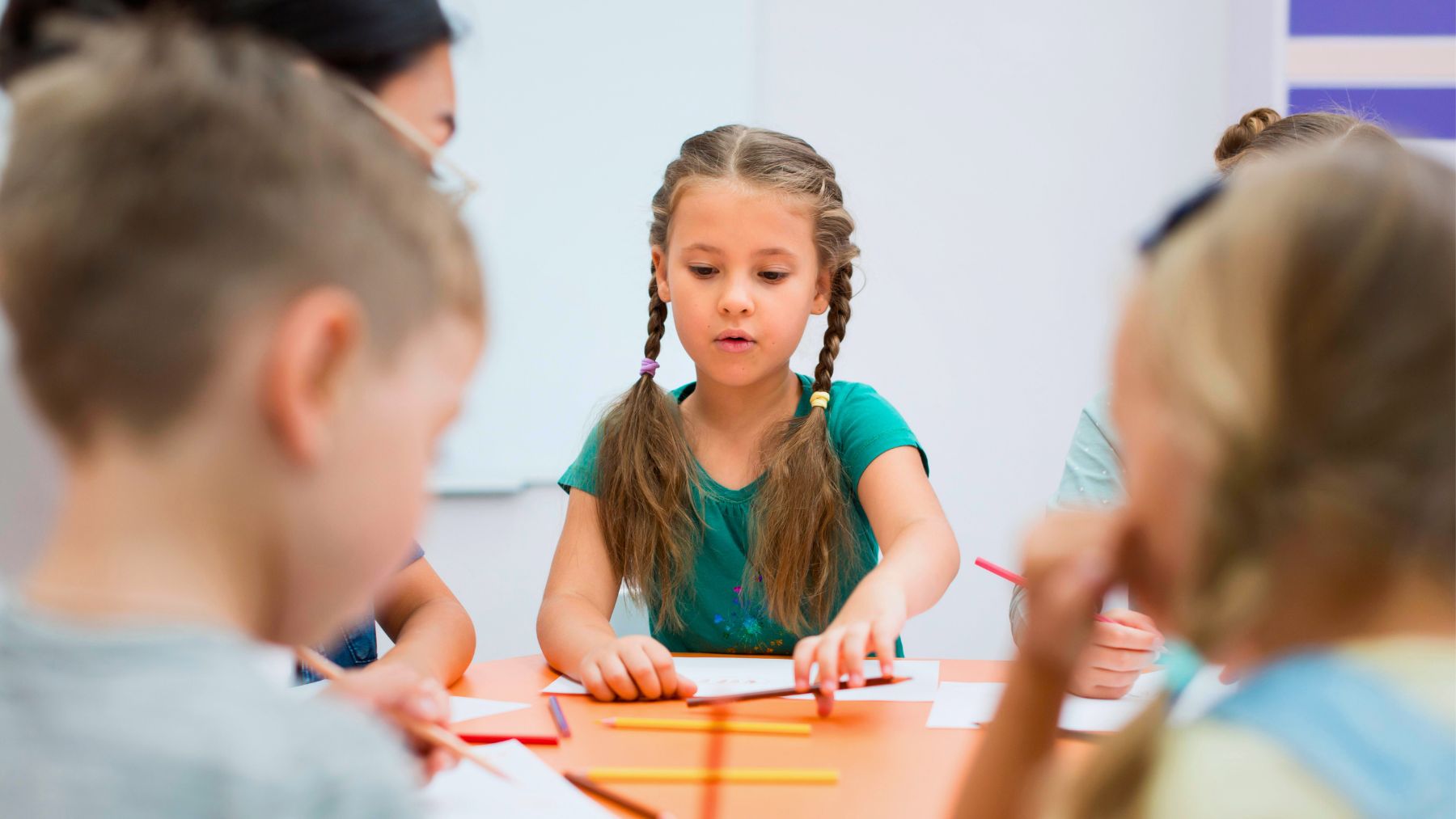Formal education typically focuses on reading, writing, and math in early education, but there is a skill or development area that nurtures young intellects: debate, a practice that combines structured argument, rhetoric, and discourse. This often-neglected activity offers children an extraordinary opportunity to enhance analytical reasoning, public speaking, and persuasive skills.
Debate for children is not about heated disputes at the dinner table; it’s a carefully organized exercise in which youngsters acquire research skills, construct compelling arguments, listen deeply, and defend ideas with respect. Here, we’ll explore how formal debate can bolster critical thinking, foster articulate communication, and impart practical, real-world abilities for kids.
Debate: a subject to sharpen young minds differently
Debate compels children to actively engage with diverse sources of information and evolving ideas, propelling their thinking beyond mere passive absorption. Let’s cover its main advantages.
Critical analysis and perspective
Debate begins with a commitment to rigorous research. Children aren’t confined to amassing facts that support their viewpoint; they’re encouraged to explore and thoroughly understand opposing perspectives. This process trains them to dissect intricate issues from multiple angles, evaluate robust evidence, identify weaknesses in arguments (including those in their own reasoning), and construct well-founded, logical positions.
With inspiration from the Socratic method and the rhetorical teachings of Aristotle and Cicero, they learn to discern why an idea might be more viable, equitable, or pertinent, elevating their reasoning from mere opinion to analytically structured argumentation. This empowers them to navigate everyday challenges, resolve conflicts, make informed decisions, and communicate more effectively and confidently.
Clear communication and emotional control
The ability to present ideas clearly and persuasively is crucial. Debate refines children’s skills in organizing their thoughts, articulating arguments with precision, and employing clear language. Equally important, it instills emotional regulation by teaching them to channel passion into reasoned discourse rather than aggression.
Through debate, children learn to manage frustration, disagree courteously, and remain composed under pressure, all vital skills for successful conflict resolution and constructive discussion in academic and social settings.
Negotiation and collaboration
Debate extends beyond confrontational exchanges; it often begins with teamwork. Children collaborate in groups to devise strategies and develop collective arguments, practicing active listening, compromise, and adaptability. They quickly learn that harmonious cooperation is essential for achieving success.
This collaborative environment refines negotiation techniques and reinforces the understanding that yielding a minor point can help secure a more significant goal, a lesson that is invaluable in problem solving across diverse real-life contexts, ranging from classroom projects to future professional endeavors.
The relevance of debate in young kids
In essence, debate equips children with a well-rounded mental toolkit that goes far beyond what traditional subjects offer. It enables them to navigate complex information, express ideas with clarity, handle disagreements diplomatically, and collaborate effectively.
Drawing on lessons from fields such as rhetoric, philosophy, social studies, conflict resolution, and media literacy, formal debate empowers young learners to face future challenges with ingenuity, confidence, and resilience. Furthermore, it closely connects with civic education and global awareness by fostering informed participation in community and political discussions, strengthening its role in modern education.
